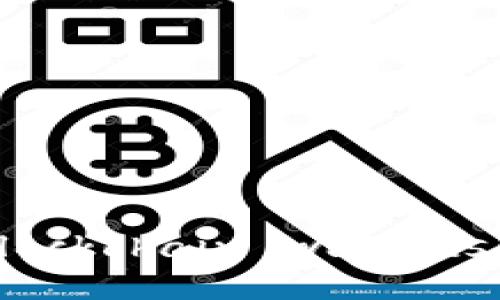Introduction
Blockchain wallets are digital wallets that allow users to securely store, send and receive cryptocurrencies. The use of blockchain technology ensures the security and transparency of transactions, making blockchain wallets a popular choice for those looking to invest in cryptocurrency. In this article, we will explore how blockchain wallets operate, as well as answering some common questions.
How do blockchain wallets work?

Blockchain wallets work by storing a user's private and public keys, which are used to send and receive cryptocurrencies on the blockchain. Private keys are used to sign transactions, while public keys are used to receive funds. When a user sends cryptocurrency to someone else, the transaction is broadcast to the blockchain network. Miners on the network confirm the transaction, and once it has been confirmed, the funds are transferred to the recipient's wallet.
What are the types of blockchain wallets?
There are several types of blockchain wallets, including desktop, mobile, web-based, and hardware wallets. Desktop wallets are downloaded to a user's computer, while mobile wallets are downloaded to a user's phone. Web-based wallets are accessed through a web browser, while hardware wallets are physical devices that store a user's private keys offline.
How do you choose a blockchain wallet?

When choosing a blockchain wallet, it is important to consider the level of security you require. Hardware wallets are the most secure option as they store private keys offline, making them less vulnerable to hacking. It is also important to consider the type of cryptocurrency you want to store, as not all wallets support all currencies. Reading reviews and doing research on the wallets you are considering is also recommended.
What are the security risks associated with blockchain wallets?
While blockchain wallets are generally considered to be secure, there are still some risks associated with them. One risk is that if a user loses their private key, they will lose access to their funds forever. There is also the risk of hacking, where a hacker gains access to a user's private keys and steals their funds. It is therefore important to keep private keys secure and backed up.
What is the future of blockchain wallets?
As cryptocurrency becomes increasingly mainstream, the use of blockchain wallets is likely to become more widespread. There is also the possibility that blockchain wallets will become more user-friendly, making them accessible to a wider audience. There are also developments in multi-coin wallets, which will allow users to store multiple cryptocurrencies in one wallet.
Conclusion
Blockchain wallets are an essential component of the cryptocurrency ecosystem, offering users a secure and transparent way to send and receive funds. By understanding how blockchain wallets operate and the different types available, users can choose a wallet that meets their needs. It is important to remember to keep private keys secure and to stay informed about the latest security risks and developments in the industry.
 Blockchain wallets work by storing a user's private and public keys, which are used to send and receive cryptocurrencies on the blockchain. Private keys are used to sign transactions, while public keys are used to receive funds. When a user sends cryptocurrency to someone else, the transaction is broadcast to the blockchain network. Miners on the network confirm the transaction, and once it has been confirmed, the funds are transferred to the recipient's wallet.
Blockchain wallets work by storing a user's private and public keys, which are used to send and receive cryptocurrencies on the blockchain. Private keys are used to sign transactions, while public keys are used to receive funds. When a user sends cryptocurrency to someone else, the transaction is broadcast to the blockchain network. Miners on the network confirm the transaction, and once it has been confirmed, the funds are transferred to the recipient's wallet.
 When choosing a blockchain wallet, it is important to consider the level of security you require. Hardware wallets are the most secure option as they store private keys offline, making them less vulnerable to hacking. It is also important to consider the type of cryptocurrency you want to store, as not all wallets support all currencies. Reading reviews and doing research on the wallets you are considering is also recommended.
When choosing a blockchain wallet, it is important to consider the level of security you require. Hardware wallets are the most secure option as they store private keys offline, making them less vulnerable to hacking. It is also important to consider the type of cryptocurrency you want to store, as not all wallets support all currencies. Reading reviews and doing research on the wallets you are considering is also recommended.



